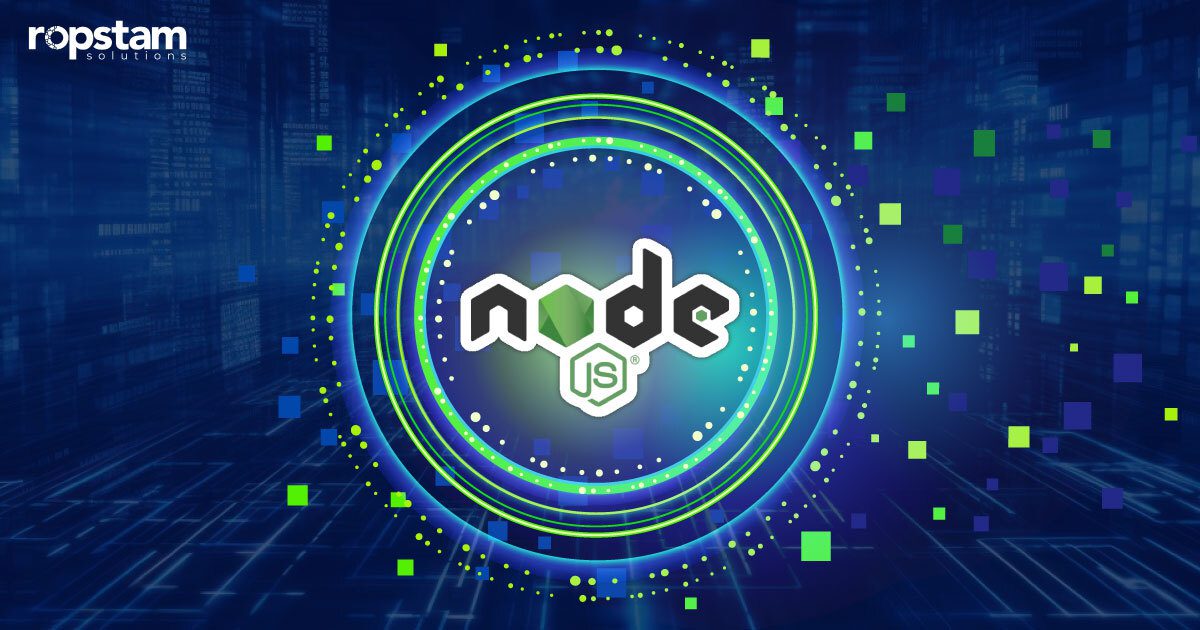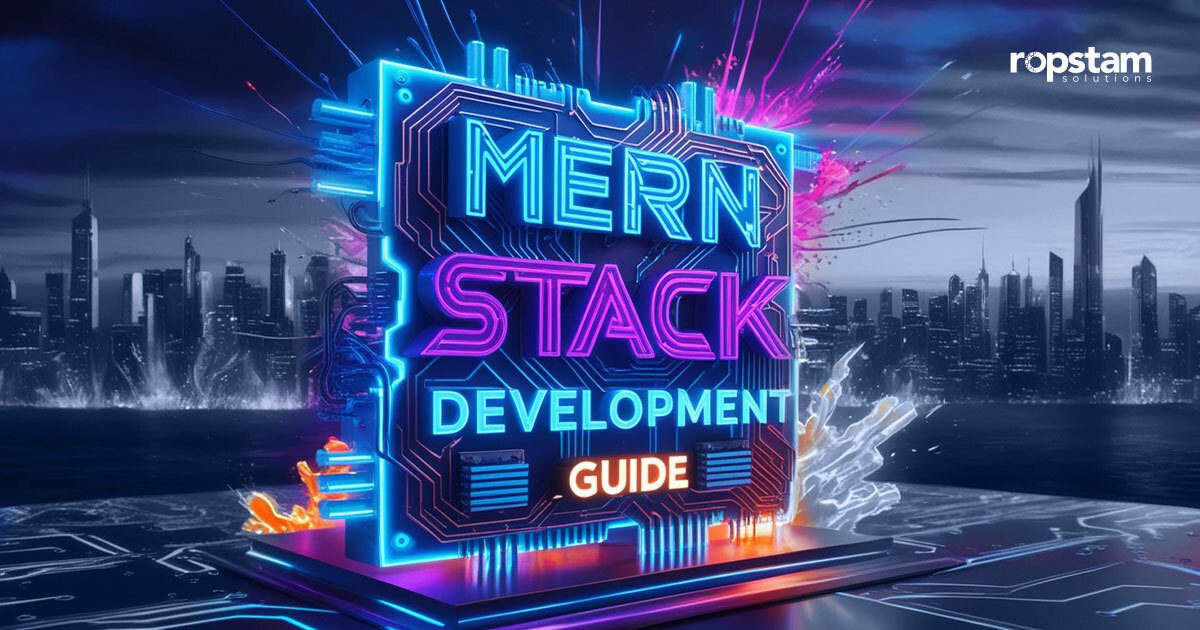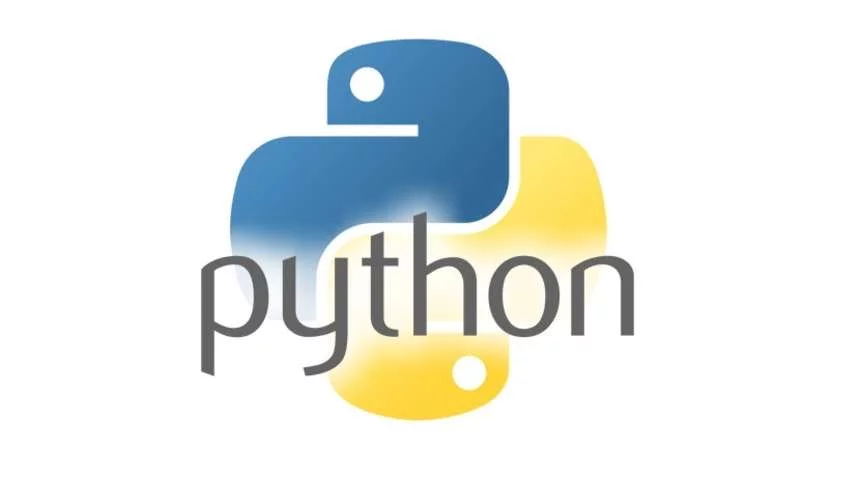Node.js has revolutionized the way we build web applications, offering a JavaScript-based solution for server-side development. But to truly harness its power, a robust framework is essential. That’s where this list comes in. The top Node.js frameworks have been honed over years of experience, providing the tools and structure needed to enhance development, boost performance, and scale with ease.
As Node.js adoption continues to rise – with 3.3% of all websites leveraging its capabilities, according to w3techs – the importance of choosing the right Node.js framework has never been greater.
Best Node.js frameworks for easy backend development
If you are seeking the best NodeJS frameworks for building robust web applications and APIs, you have come to the right place. Utilizing the skills of our Node.js developers, here we have compiled a list of the most popular frameworks of Node.js.
- Express.js
- Nest.js
- Restify.js
- Hapi.js
- Sails.js
- Total.js
- Meteor.js
- Loopback.js
- Feathers.js
- Socket.io
1. Express.js
Express.js is a minimalistic and flexible Node.js framework that has become a go-to choice for developing a web application. Its lightweight and unopinionated nature allows developers to build a wide range of applications, from simple APIs to complex single-page applications and scalable backends.
Express.js leverages the power of Node.js, enabling developers to create high-performance, event-driven, and non-blocking applications.
Use Cases:
- Building RESTful APIs: Express.js excels at creating concise and efficient APIs, making it an ideal choice for building robust backend services.
- Real-time Applications: With its non-blocking architecture, Express.js is well-suited for developing real-time applications such as streaming platforms.
- Single-Page Applications (SPAs): Express.js can serve as a backend for modern SPAs, handling routing, data fetching, and API integration.
- Prototyping and Small Projects: The minimalistic nature of Express.js makes it an excellent choice for quickly prototyping ideas and building small-scale applications.
Pros of Express.js:
- Minimalistic and flexible
- High performance
- Extensive middleware support
- Routing and handling HTTP requests
Cons of Express.js:
- Lack of opinionated structure
- Limited functionality out-of-the-box
- Asynchronous programming challenges
- Lack of built-in security features
2. Nest.js
NestJS is a progressive Node.js framework built with TypeScript, designed to enable the development of maintainable, and enterprise-grade applications. Inspired by Angular’s architectural patterns, NestJS promotes a modular and structured approach to building server-side applications.
Use Cases:
- Enterprise Applications: NestJS’s modular architecture and TypeScript support make it an ideal choice for developing large-scale, complex enterprise applications.
- Microservices: The framework’s built-in support for microservices architecture, along with its dependency injection system, simplifies the development and maintenance of distributed systems.
- Real-time Applications: NestJS’s compatibility with WebSockets and other real-time technologies makes it suitable for building real-time applications like chat apps, collaborative tools, and streaming platforms.
- APIs and GraphQL: With its robust routing and validation mechanisms, NestJS excels at building RESTful APIs and GraphQL APIs.
Pros of NestJS:
- Type script support
- Modular architecture
- Dependency injection
- Comprehensive documentation
- Large community support
- Ecosystem and plugins
Cons of NestJS:
- Steep learning curve
- Complexity for small projects
- Performance overhead
- Complicated integration with legacy systems
3. Restify.js
Restify.js is a Node.js web application framework specifically designed for creating efficient, scalable, and high-performance RESTful APIs. With a strong focus on performance, this famed framework enables developers to build web services that can handle large volumes of requests, making it an excellent choice for high-traffic applications.
Use Cases:
- Building RESTful APIs: Restify.js excels in developing robust and performant RESTful APIs, catering to various use cases such as web applications, mobile apps, and microservices.
- High-Traffic Applications: The framework’s emphasis on performance and scalability makes it suitable for applications that require handling large volumes of concurrent requests.
Pros of Restify.js:
- High performance
- Built-in support for JSON and content negotiation
- Powerful routing system
- Minimalistic and lightweight
- Proven track record
Cons of Restify.js:
- Limited ecosystem and community support
- Steep learning curve
- Lack of built-in features
- Limited documentation
4. Hapis.js
Hapi.js is a powerful and open-source Node.js framework renowned for simplifying the development of scalable and robust server-side applications. Derived from HTTP-API, Hapi.js provides developers with a rich set of features and a vast ecosystem of plugins, making application development, testing, and maintenance more efficient.
Use Cases:
- Microservices Architecture: This Node.js framework’s modular design and plugin ecosystem facilitate the development and integration of microservices, enabling developers to create distributed systems with ease.
- APIs and Web Services: Hapi.js excels in building RESTful APIs, web services, and other server-side applications that require high performance, security, and extensibility.
Pros of Hapi.js:
- Extensible Plugin System
- Configuration-Centric Approach
- Robust Security Features
- Large Community Support
- Scalability and High Performance
Cons of Hapi.js:
- Manual Refactoring
- Manual Testing of Endpoints
- Complicated code structure
5. Sails.js
A powerful backend platform, Sails.js has limitless potential as a Node.js framework. With a syntax resembling Express.js, Sails.js holds a distinct position in this domain by leveraging the power of the Express HTTP query language and Socet.io WebSocket language.
Use Cases:
- Real-Time Applications: Sails.js excels in building real-time applications such as chat platforms, collaborative tools, and dashboards, leveraging its built-in support for WebSockets and Socket.IO.
- Data-Driven Applications: The framework’s built-in data models, ORM, and database integration make it well-suited for developing data-intensive applications, such as content management systems, e-commerce platforms, etc.
- APIs and Microservices: With its modular architecture and RESTful API support, Sails.js can be used to build APIs and microservices for various applications, including mobile apps and single-page applications (SPAs).
Pros of Sails.js:
- Built-in support for web sockets
- Real-time capabilities
- Data-driven approach
- Active community and ecosystem
Cons of Sails.js:
- Opinionated design
- Steep learning curve
- Performance overhead
6. Total.js
Total.js is a versatile Node.js framework that offers developers a comprehensive and flexible solution for building web applications. True to its name, Total.js provides an all-inclusive toolset that can be easily adapted to fit the unique needs of any project, making it a champion of customization.
Use Cases:
- Custom Web Applications: Total.js excels in developing custom web applications tailored to specific requirements, offering developers the flexibility to implement JavaScript code.
- Small to Large-Scale Projects: Whether working on modest websites or complex JavaScript applications, Total.js delivers the versatility required to scale and adapt to projects of varying sizes and complexities.
- Rapid Prototyping: With its easy-to-learn syntax and comprehensive features, Total.js enables developers to quickly prototype and iterate on web applications, accelerating the development process.
Pros of Total.js:
- Flexibility and customization
- Easy-to-learn syntax
- Integrated NO SQL database
- Strong security features
- Caching mechanism
Cons of Total.js:
- Limited to java script development
- Smaller community
7. Meteor.js
Meteor.js is an open-source, full-stack JavaScript framework that stands out for its ability to build real-time web and mobile applications with ease. Its unique approach to real-time communication and data synchronization sets it apart from traditional web development frameworks.
Use Cases:
- Cross-Platform Development: Thanks to its support for cross-platform development, Meteor.js allows developers to build applications for various platforms, including web, mobile (Android and iOS), and desktop, using a single codebase.
- Data-Driven Applications: Meteor.js’s effortless integration with MongoDB and its reactive data model makes it well-suited for building data-intensive applications.
Pros of Meteor.js
- Real-time communication
- Full-stack solution
- Cross-platform development
- Reactive data model
- Integrated MongoDB support
Cons of Meteor.js
- Monolithic architecture
- Performance concerns
8. LoopBack.js
LoopBack.js is a highly versatile Node.js framework designed specifically for building efficient APIs and microservices. Its primary strength lies in its ability to quickly create APIs on top of backend services, including MongoDB, REST, SOAP, and more than 20 other databases and services out-of-the-box.
Use Cases:
- Building APIs and Microservices: LoopBack.js excels in developing robust and scalable APIs and microservices, enabling developers to expose backend data and functionality through well-defined interfaces.
- Rapid API Development: With its model-driven approach and automatic generation of REST APIs, LoopBack.js accelerates the development of APIs, allowing developers to create, read, update, and delete operations with minimal coding effort.
Pros of LoopBack.js:
- Comprehensive database support
- Open AI support
- Type script support
Cons of LoopBack.js:
- Steep learning curve
- Not suitable for large-scale projects
9. Feathers.js
Feathers.js is a versatile Node.js framework emphasizing flexibility and real-time capabilities for building modern web applications. It efficiently integrates with multiple databases, supports microservices architecture, and enables developers to create responsive and interactive applications without any hassle.
Use Cases of Feathers.js:
- RESTful APIs: The framework simplifies the creation of RESTful APIs, providing automatic API generation and support for authentication and authorization out of the box.
- Full-Stack Web Applications: Feathers.js’s flexibility and support for front-end technologies like React Native make it well-suited for building full-stack web applications with consistent developer experience across client and server.
Pros of Feathers.js:
- Real-time functionality
- Lightweight and flexible
- Database agnostic
- Comprehensive documentation
Cons of Feathers.js
- Steep learning curve
- Additional add-ons needed for enhanced functionality
10. Socket.io
Socket.io is a realtime NodeJS framework that was released in 2010. The main purpose of Socket.io is to nurture real-time collaboration. Enabling two-way communication between client and server, the Socket.io package is embedded in a server’s browser. Thanks to its accuracy and speed of delivering results, it is regarded as one of the most popular Node.js frameworks.
Use Cases:
- Live Updates and Notifications: The library’s real-time capabilities make it well-suited for applications that require live updates, real-time notifications, or server-sent events.
- Internet of Things (IoT): The ability of this package to handle bidirectional communication makes it a valuable tool for building Internet of Things (IoT) applications, enabling efficient data exchange between devices and servers.
Pros of Socket.io
- No dependency on the internet
- Real-time data analytics
- Encoded messages
Cons of Socket.io
- Unnecessary overhead
- Callback is a real disadvantage
How to choose Node.js frameworks?
When it comes to choosing the right Node.js framework for your project, there are several factors to consider to ensure you make an informed decision that aligns with your project’s requirements and goals. Here are some key considerations and guidelines to help you navigate the selection process:
1. Project requirements
Begin by thoroughly understanding the project’s specific requirements, including the desired features, performance needs, scalability demands, and the overall complexity of the application. Different Node.js frameworks excel in different areas, and matching the framework’s strengths with your project’s needs is crucial.
2. Development team expertise
Next, you must assess your development team’s skills and experience with various Node.js frameworks. Familiarity with a particular framework can significantly impact productivity, learning curve, and overall development efficiency.
If your team has expertise in a specific framework, it might be wise to leverage that knowledge unless there are compelling reasons to explore alternative options.
3. Community and ecosystem
Consider the size and activity level of the framework’s community, as well as the availability of third-party libraries, tools, and resources. A larger and more active community can provide better support, documentation, and a wider range of plugins and integrations, which can accelerate development and simplify maintenance.
4. Security and maintenance
A well-maintained framework with regular security patches and updates can provide a more secure and reliable foundation for your application. Last but not least, assess the framework’s security practices, vulnerability management, and update frequency.
5. Performance and scalability
Evaluate the framework’s performance characteristics and scalability capabilities. Some frameworks are more lightweight and optimized for high-performance applications, while others prioritize features and ease of development over raw performance. Align your choice with the expected traffic and load requirements of your application.
Interesting read
Did you know that Node.js can make your online store better? Learn all about Node.js for e-commerce stores and make your website faster and more flexible.
Why use Node.js frameworks?
Node.js frameworks play a crucial role in web development by offering pre-built functionality and a structured approach to building applications. They offer a set of pre-defined components, modules, and tools that enable developers to write clean, modular, and reusable code.
By abstracting away low-level details, such beneficial Node.js frameworks optimize the development process, hence enabling developers to focus on the logic of their application rather than building everything from scratch.
Benefits of NodeJS frameworks
For Node.js developers, frameworks are essential for several reasons:
- Efficiency: Frameworks provide a set of pre-built components and tools, reducing the amount of code that needs to be written. This speeds up development and minimizes the risk of errors.
- Structure: For Node.js developers, frameworks enforce a consistent structure and organization, making it easier for developers to navigate and maintain complex codebases.
- Scalability: By providing battle-tested solutions for common web development challenges, frameworks enable developers to build applications that can scale with ease.
- Community: Popular frameworks have large, active communities, providing a wealth of documentation, tutorials, and support.
- Best practices: Frameworks also encourage developers to follow best practices and coding standards to enable maintainable code.
Get Node.js development services from Ropstam Solutions
To enhance web app development, leveraging the power of Node.js frameworks is no longer an option but a part of the development process. With so many options available, however, choosing the right tool proves to be the difference between a successful and discarded web application.
At Ropstam Solutions, we offer comprehensive Node.js development services, including custom web application development, API integration, and real-time applications. With our award-winning team of Node.js developers and portfolio of successfully delivered projects, we boast an impeccable record in the region. Reach out to us via email info@ropstam.com or call us at +1(866)631-8767, and let us turn your vision into reality.














